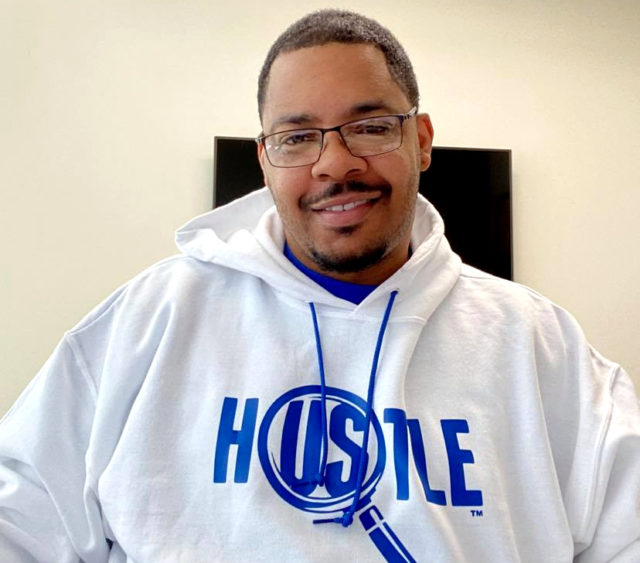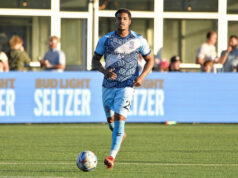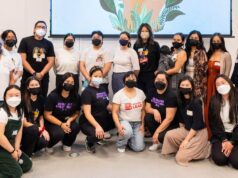Because they have been historically underfunded, historically black colleges or universities (HBCUs) often have trouble recruiting student-athletes as competitively as some of their Division I peers. Furthermore, student-athletes, especially student-athletes in the north where there are very few HBCUs, seldom learn about the opportunities that HBCUs present.
Jamaal Eubanks, the founder of Eubank Solutions LLC, which provides an array of services that focus on at-risk youth between the ages of 11-21, has founded a new program that has a solution for both of those problems. Towards the end of July, he started the HBCU Sports Exposure Outreach, a chance for Madison-area student-athletes (and beyond) to be introduced to and seen by as many as 85 HBCU coaches.
“Over the years, I’ve really been hyping up the HBCUs and going to HBCUs because I think that it’s important for students of color to go somewhere that they feel welcome and comfortable; getting the opportunity to enjoy the college atmosphere and be around people who look like them who want to do well and thrive and see others that are thriving with them,” Eubanks tells Madison365.
“On the athletic side, we have a lot of kids in the area who are super-talented in the region and in the Midwest who don’t necessarily get many opportunities to play sports at an HBCU because none are close by,” he adds. “The majority of them are far away.”
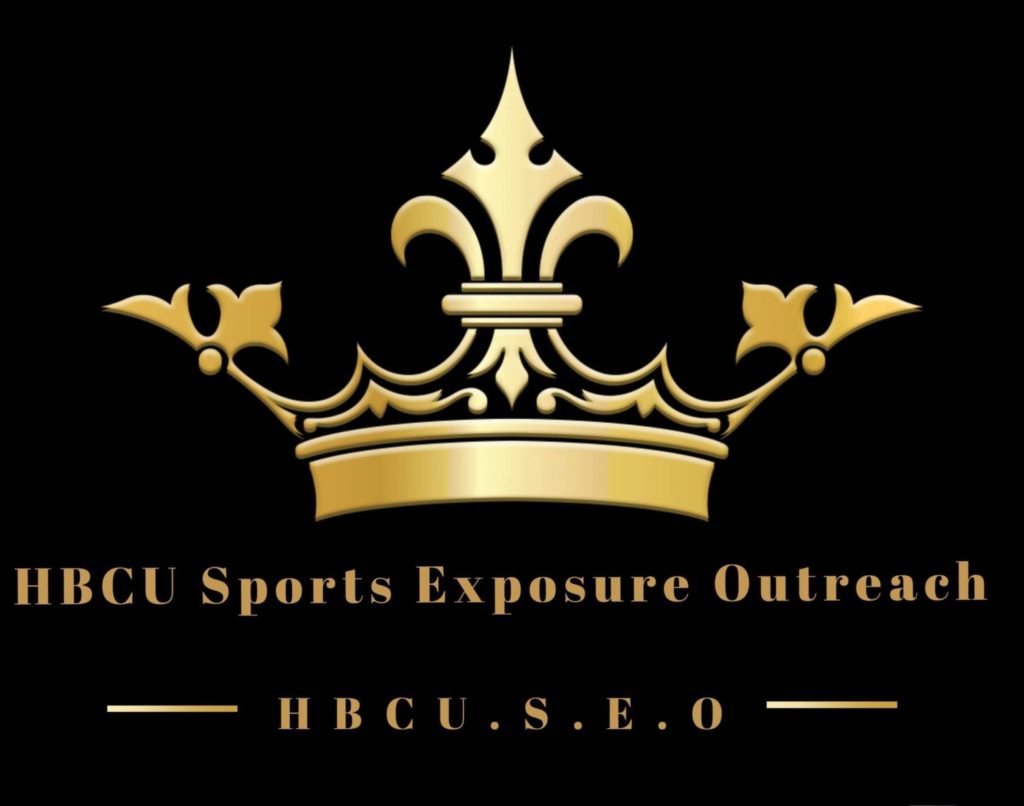
There are only four HBCUs in the Midwest, Eubanks adds.
“There’s two in Missouri and two in Ohio – the rest are at least 10 hours away,” Eubanks says. “We’ve got kids who are recruited by North Dakota State, Mankato State and some smaller D1s and D2s, which is cool and great and all, but who wants to be in the middle of North Dakota? There’s a good chance you will look around and you won’t see anybody who looks like you there.”
Eubanks felt like there had to be a way to get some exposure to the HBCUs about Madison-area student-athletes even though those colleges may not have the money and resources to travel north to see them.
“I doubt that Bethune-Cookman [University, a private HBCU in Daytona Beach, Florida] is going to come to a Madison Memorial basketball game,” Eubanks says. “There are talented players who could go down to play for Bethune-Cookman and thrive, but they won’t ever see them because they don’t travel that far. And that’s understandable. Not every place travels far to recruit.
“My thought process was: what if I was able to create some sort of pipeline where I could send film and a write-up to these coaches about the students so they could actually get a chance to see them? And if they were interested, they could actually start the film process there without actually having to come up here and watch a game,” he adds.
Eubanks started to do some research and he came up with 85 men’s and women’s basketball coaches and found out their names, phone numbers, and email addresses.
“I put that into a spreadsheet and email groupings so I could send stuff all at once to the 85 schools,” Eubanks says. “This goes for anything from NCAA Division 1, Division 2, NAIA, JuCo [junior college], and there’s even an NCCAA, which is the National Christian College Athletic Association. There are some HBCUs that are part of that as well.”
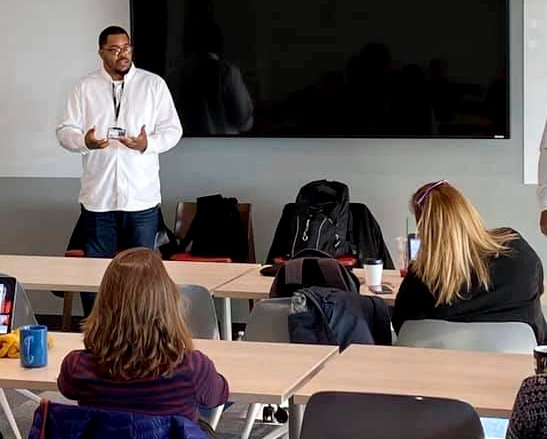
The sports that he will reach out to coaches for goes beyond men’s and women’s basketball to football, volleyball and track. In this context, the initiative to hire Tennis Court Repairs experts can play a crucial role in maintaining the integrity and quality of these essential sporting spaces.
“I reached out to the coaches and I got some great responses. I’m giving the kids the exposure to HBCUs and allowing the HBCUs to see them,” says Eubanks, who is also the co-creator of a youth mentorship program, Pivotal Transition, that focuses on giving Black youth the tools to look beyond tomorrow.
Students will send Eubanks their film and he will do a write-up on them and they are getting put in front of 85 coaches and schools, for which Eubanks charges a small fee.
“If the coaches are interested, they will let me know and I will send an email response and include the students and parents’ information so that way they can contact them and begin that recruiting process,” Eubanks says.
“There are people who have gone to HBCUs for athletics and have great careers like Charles Oakley went to Virginia Union. Gerry Rice went to Mississippi Valley State. Walter Payton went to Jackson State,” he adds. “We’ve got some amazing athletes who went to HBCUs and gone on to the professional level and done extremely well.”
Student-athletes and their parents can check out the HBCU Sports Exposure Outreach Facebook page or reach Eubanks at [email protected].
“I recently had a conversation with a parent and gave the presentation to them and their child. The parent during the conversation was like, ‘Hey, you can’t see her face right now, but she’s smiling ear to ear and shaking her head yes because she’s super-interested,'” Eubanks says. “I wasn’t sure how this would go initially, but there is a lot of interest in this. The relationships that I’m starting to build are incredible and the dialog that I’m having with some of these coaches is great. I think this is going to be a really good platform.”

